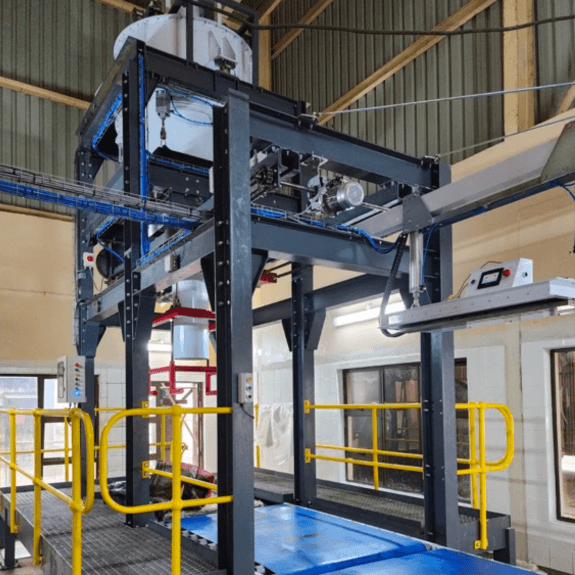
A scale hopper is an integral component in various industrial and commercial environments, designed to enhance accuracy and efficiency in material handling and weighing processes. This device, often found in sectors like agriculture, food processing, and mining, combines the functionality of a storage container with precise weighing capabilities. Its primary function is to hold bulk materials temporarily, facilitating a controlled and measured release of these materials into a production process.
In essence, a scale hopper is a sophisticated weighing apparatus. It is equipped with load cells, which are specialized sensors that measure the weight of the material contained within the hopper. This measurement is crucial for ensuring consistent product quality and adherence to regulatory standards, particularly in industries where precise ingredient ratios are paramount. The scale hopper’s design typically features a conical or pyramidal bottom, aiding in the smooth flow of materials and preventing accumulation that could affect weighing accuracy.
Moreover, the versatility of scale hoppers is evident in their wide range of sizes and materials. They are tailored to meet the specific needs of different industries, whether handling grains, powders, liquids, or even heavy ores. The construction materials, often stainless steel or other durable metals, ensure longevity and resistance to the harsh conditions often encountered in industrial settings. This robustness is essential for maintaining precision in weight measurements over prolonged periods, thereby safeguarding operational efficiency.
Advantages of Implementing Scale Hoppers
Implementing scale hoppers in a business operation comes with a multitude of benefits. Primarily, they enhance precision in weighing, which is crucial for maintaining quality control in production processes. Accurate measurements ensure that products meet set standards and specifications, a critical factor in industries where consistency is key. This precision further aids in minimizing waste, as accurate measurements mean only the required amount of material is used, reducing excess and improving cost-effectiveness.
Another significant advantage is the improvement in operational efficiency. Scale hoppers streamline the handling and processing of materials, reducing manual labor and saving time. Their automated nature allows for continuous and consistent flow of materials, which is essential in high-volume production environments. This automation not only speeds up processes but also reduces the likelihood of human error, further enhancing product consistency and reliability.
Scale hoppers also contribute to workplace safety. By automating the handling of potentially hazardous or heavy materials, they minimize the need for direct human interaction, thereby reducing the risk of accidents and injuries. Additionally, in industries where dust or fumes may be a concern, the enclosed nature of scale hoppers can help contain these byproducts, contributing to a healthier work environment. This aspect is especially important in adhering to health and safety regulations, which are stringent in industrial settings.
Customization and Integration in Scale Hopper Systems
One of the key strengths of scale hoppers lies in their customization capabilities. Recognizing that each industrial sector has unique requirements, scale hoppers can be tailored to suit specific operational needs. This customization extends to size, shape, material, and even the type of load cells used. For businesses dealing with corrosive materials, for instance, hoppers can be constructed from corrosion-resistant alloys. Similarly, for the food industry, hoppers can be designed for easy cleaning and sanitation to comply with food safety standards.
Integration with other systems is another aspect where scale hoppers shine. They can be seamlessly incorporated into existing production lines, communicating with other machinery and management systems. This integration allows for real-time data collection and analysis, enabling businesses to monitor and adjust their processes on-the-fly for optimal efficiency. Furthermore, with advancements in technology, these systems can now be connected to cloud-based platforms, allowing for remote monitoring and management, which is a significant step forward in modern industrial operations.
Lastly, scale hoppers are not just about weighing and storage; they are about enhancing overall operational intelligence. With the data they provide, businesses can make informed decisions about inventory management, production planning, and even predictive maintenance. This level of insight is invaluable in a competitive industrial landscape, where efficiency and accuracy are not just desirable, but essential for success. In conclusion, scale hoppers are not just a piece of equipment; they are a cornerstone of modern industrial and commercial processes, enabling businesses to operate at their peak efficiency while maintaining the highest standards of quality and safety.


